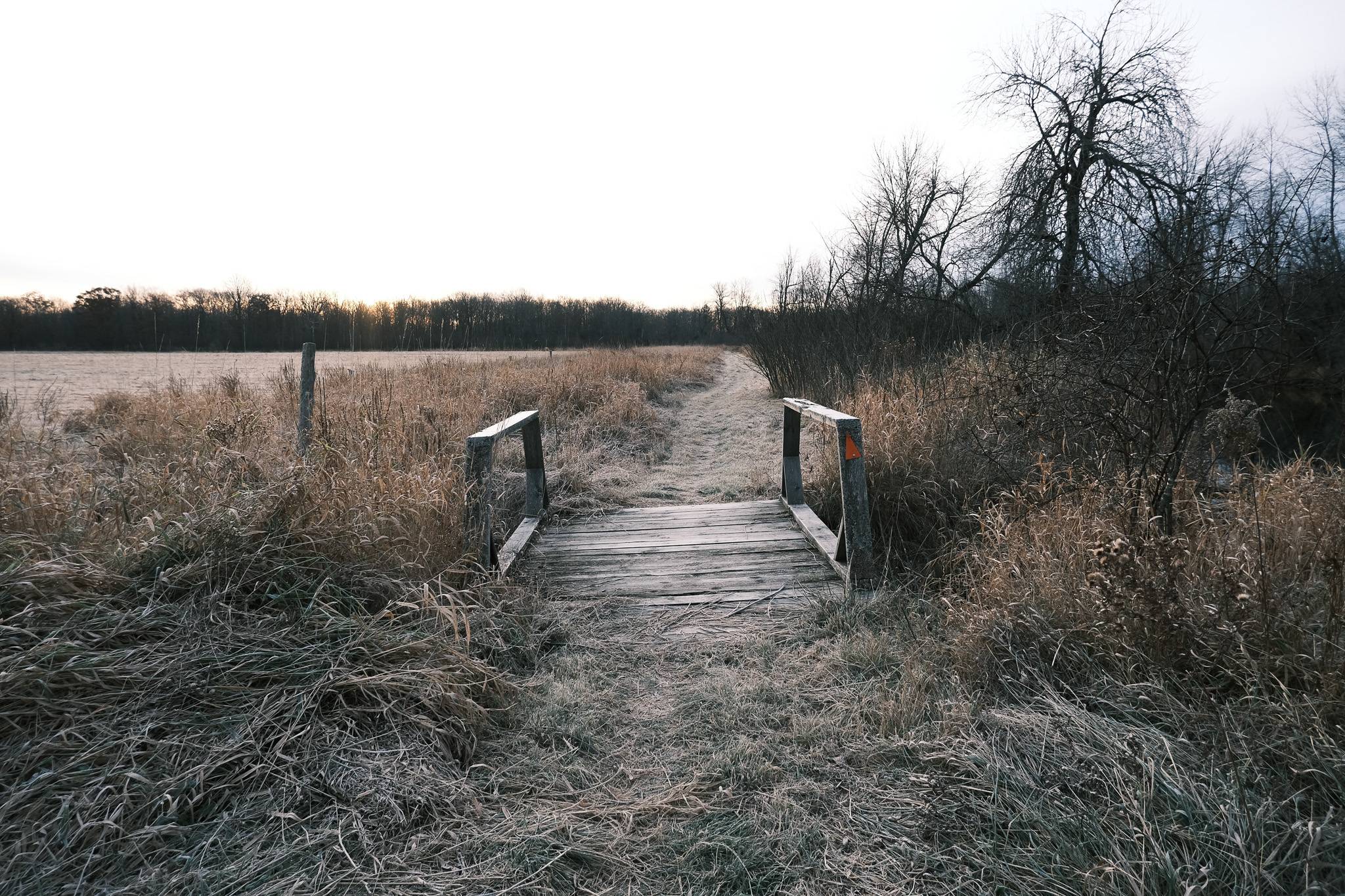Hi, friend.
As a kid, I believed in magic. I thought for sure that there were fairies living in the boughs of trees, that ghosts haunted old houses, or that if we tried hard enough, my cousins and I could move a salt shaker with our minds. I believed with an unquestioning, quiet stubbornness, even though the magic played coy, even though it only showed its face sometimes, in the shadows, when I was half-looking, when I could be convinced that I had just imagined it. I believed, and I sought it out whenever I could.
And the thing that is likely not surprising to those of you who have read this newsletter for awhile is that I still do believe in magic. Magic isn’t real, of course—but I believe in it. I still seek it out, searching for that sense of Otherness in the woods or old buildings or doorways or train tracks, in the kinds of places where it feels like magic could gather like dust.
But believing in the Other is a different game, nowadays. I don’t mean in the sense of me being a grown-ass adult woman who believes in fairies (it’s not that simple) but that at a societal level, believing in anything that isn’t empirically measurable is rife with potential pitfalls (no, I’m not going to talk about religion). Believing in things that can’t be replicated, that aren’t scientific, is a slippery slope—a slope that winds up neck-deep in the pond sludge of conspiracy thinking, a pond I am anxious to avoid.
Because conspiracy thinking, of course, is one of the things that got us into the mess we now find ourselves at a geopolitical scale. QAnon believed that Donald Trump was secretly fighting a cabal of cannibalistic child predators, and that an anonymous high-ranking political figure was strategically dropping information about said battle on 4chan. It’s absolute bullshit, and so many millions of people believed it (or enough of it) that Trump is now president for a second time.
Like all things, belief in conspiracies is on a scale. This scale in particular sticks out for me as a good representation of when things start to get scary, moving from conspiracies that are true (Watergate) to those further and further detached from reality and more and more dangerous. It’s a helpful framework to have in mind: cryptids aren’t real but believing in them isn’t ultimately dangerous, yet it’s not a huge leap from Bigfoot to chemtrails, a belief that puts us in trickier territory by inventing an enemy (the government, poisoning your sky for…profit?).
Surprisingly, belief in conspiracy theories actually doesn’t seem to be on the rise, but that doesn’t mean the situation isn’t bad: the percentage of Americans who believe that a single secretive group of people controls the world sits at a staggering 35%, and social media makes it a lot easier for fringe conspiracy groups to gather and organise. And the lack of critical thinking that leads to conspiracy thinking isn’t just a problem on the right, either. After the election a couple weeks ago, I saw plenty of liberals attempting to decipher the hidden meanings in AOC’s TikToks to prove that the election was illegitimate.
In a time where lies—straight up, bald-faced lies—are going to become only more prevalent from powerful people, I think the onus is on us (all of us, in our own little ways) to strive for the truth, even when it’s complicated or nuanced. I think we need to reject conspiratorial thinking, and that we look extra-critically at anything that seems too convenient or wistful or, frankly, like too good of a story.
What does this have to do with magic?
Believing in the unprovable is a slippery slope, like we’ve seen. It also makes you vulnerable to good stories. It’s nice to believe that everything you want is coming to you because you manifested it; it’s a lot harder to acknowledge that good things might be happening because of your privilege, or that you’re struggling in the first place because of last-stage capitalism, or that your community needs help while you’re focused on your own individual success.
The truth—reality—is a lot more complicated. A lot more nuanced. There are swaths of grey, impossible-to-answer questions, boring analyses, a million influencing factors. It’s our responsibility to grapple with them so we don’t cause harm—especially if we believe in magic.
Until next time.
